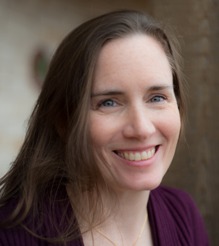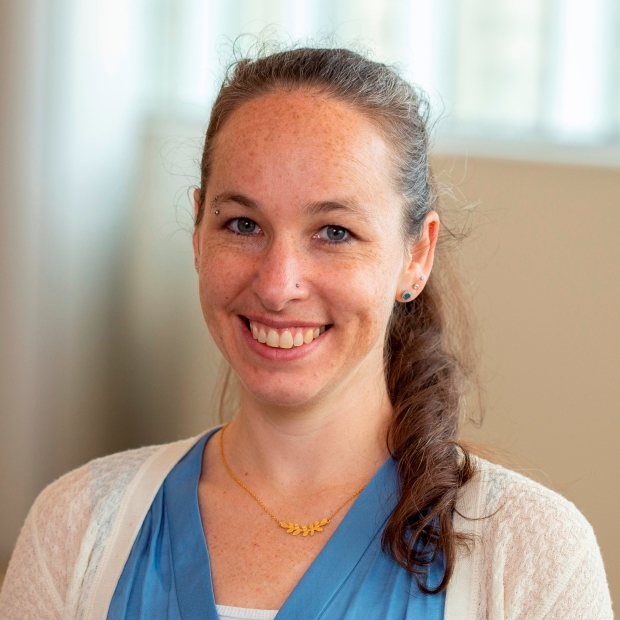
Handling Challenging Samples in an SRL Core
Recorded On: 10/16/2019
-
Register
- Visitor - $50
- Bronze - Free!
- Silver - Free!
- Gold - Free!
- Platinum - Free!
- Community Administrator - Free!
- ISAC Staff - Free!
- Bronze Lab Membership - Free!
- Silver Lab Membership - Free!
- Platinum Lab Membership - Free!
About the Presenters

Nicole Poulton, PhD
Director of the Facility for Aquatic Cytometry
Bigelow Laboratory for Ocean Sciences
Nicole Poulton is a research scientist and director of the Facility for Aquatic Cytometry at Bigelow Laboratory for Ocean Sciences, in East Boothbay, Maine. Her research uses both flow and imaging cytometry to identify and examine viruses, bacteria, and plankton from natural environments. She works primarily with samples from natural communities, ranging from lakes and oceans to hyper-saline ponds, sediments, soil, and mineral rich hot springs. She is an active educator and trains cytometrists, students, and scientists interested in learning aquatic and environmental cytometric techniques. Nicole received her PhD from the Massachusetts Institute of Technology/Woods Hole Oceanographic Institution Joint Program.

Rachael Sheridan
Director of the Flow Cytometry Core Facility
Van Andle Research Institute
Rachael Sheridan is the director of the Flow Cytometry Core facility at the Van Andle Research Institute in Grand Rapids, Michigan. Her core supports a wide array of biomedical research ranging from immunology and metabolism to neurodegenerative disease and cancer. She works with samples originating from multiple tissue types as either whole cells or isolated nuclei, and she is always excited to try something new. Before moving to Grand Rapids, Rachael trained at the University of Wisconsin—Madison Carbone Cancer Center Flow Cytometry Core where she discovered her passion for flow cytometry and education.
Webinar Summary
Life in a Shared Resource Flow Cytometry Laboratory (SRL) is always dynamic. In addition to routine samples, we are often faced with challenging and unique samples. In research settings these could be anything from subcellular organelles, such as nuclei and mitochondria, debris-ridden tissue preps, or non-mammalian organisms including plant cells and plankton, as well as bacteria and viruses. Each of these samples present unique challenges to the SRL cytometrist. In this tutorial, the presenters will discuss and present experiences working with these samples in both a biomedical and aquatic cytometry core facility and provide some approaches and tips to keep in mind when you confront these types of samples.
This webinar will address the following:
- What types of samples can be analyzed by flow cytometry (biomedical to environmental)?
- Why are SRLs observing more challenging samples?
- How do operators prepare samples for cytometric analysis?
- What steps should be considered during instrument setup?
- Is auto-fluorescence a friend or foe?
Learning Objectives
This webinar and discussion will provide participants with a better understanding of how to handle and prepare for different types of samples as the biomedical field expands, as well as use of core facility changes. We will provide a link to a "tips and tricks" webpage addressing how to handle a variety of samples.
Who Should Attend
SRL Core employees and researchers interested in working with non-traditional samples within a research or core facility setting.
CMLE Credit: 1.0

